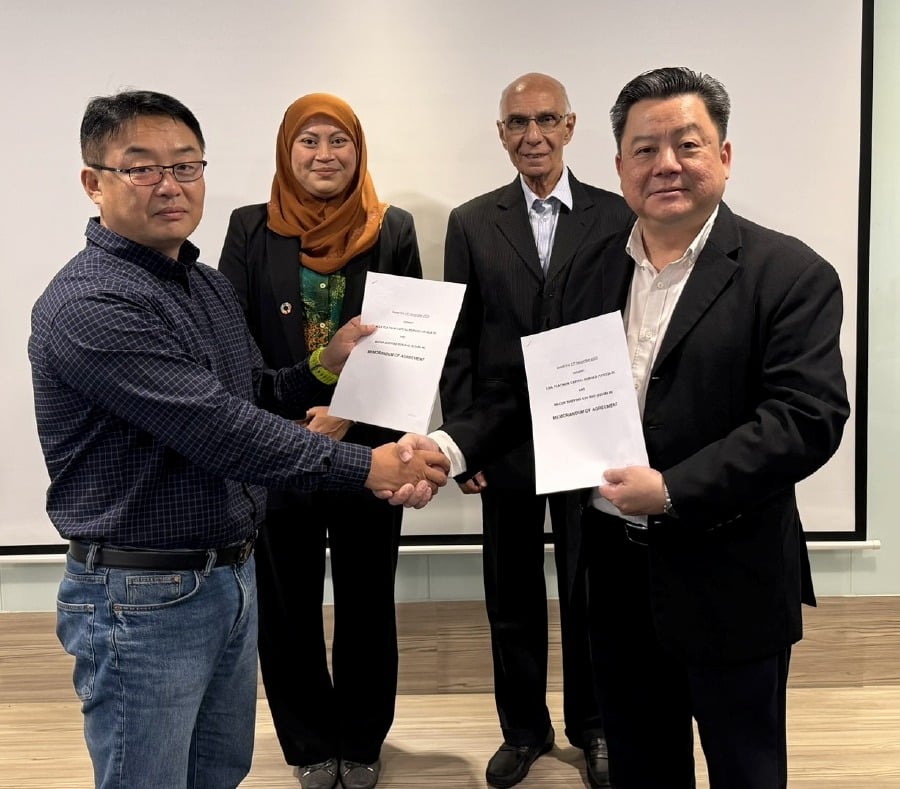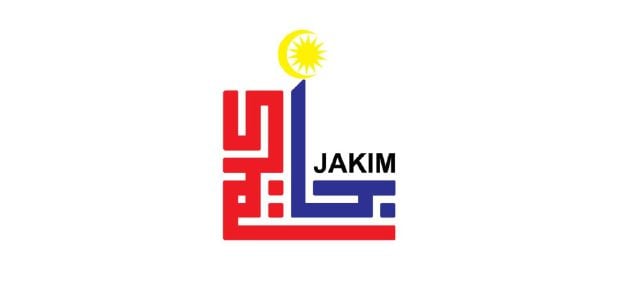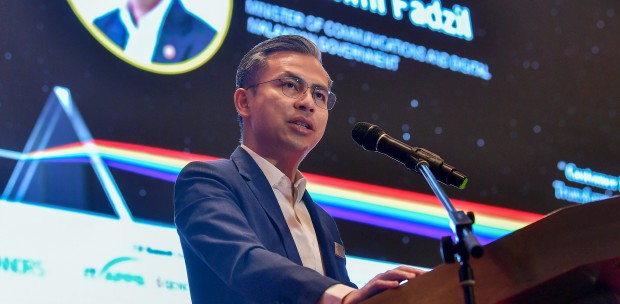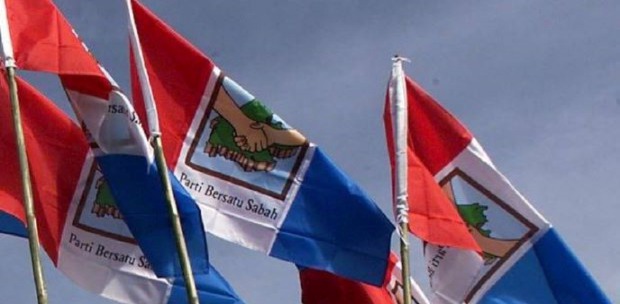KUALA LUMPUR: Asia Platinum Capital Bhd (APCB) and Macor Shipping Sdn Bhd (MSSB) have established a partnership for the supply of giant king grass (GKG) animal feed.
Under the memorandum (MoU) signed, APCB will supply MSSB with 10,000 metric tonnes of GKG animal feed per month at US$300 per metric tonne, amounting to 120,000 metric tonnes annually.
Over the initial two-year term, this agreement is projected to contribute significantly to APCB's revenue, with a gross value of US$72 million.
Additionally, a management fee of US$30 per tonne will be applied to each tonne supplied under the full terms of the agreement, further enhancing the economic value of this collaboration.
This partnership is APCB's commitment to sustainability and innovation, mainly through the cultivation and application of GKG animal feed.
APCB chairman Tan Sri Mohamed Jawhar Hassan said this strategic alliance with MSSB solidifies the company's position as a leader in the GKG market and aligns with its vision to foster renewable energy sources.
"Our commitment to providing MSSB with reliable, high-quality GKG animal feed will fuel their production facilities and support the larger framework of Malaysia's National Energy Transition Roadmap," he said in a statement today.
APCB focuses on sustainable agriculture and is the largest GKG planter in the country.
MSSB is the exporter who desires a reliable supply of GKG animal feed to be processed by end-users in Korea.
APCB is set to cultivate GKG on more than 10,000 acres of land in Sabah to meet the requirements needed by MSSB.
"This collaboration with MSSB is not just about business growth. It is a strategic move towards realising the vast potential of alternative energy sources like GKG.
"By locally growing this versatile grass, we are contributing to reducing carbon emissions and transitioning away from coal dependency.
"Our venture directly reflects the government's direction towards a greener, more sustainable energy future," Mohamed Jawhar said.
GKG, known scientifically as Miscanthus Giganteus, has been identified as a high-yield perennial grass that thrives on marginal lands.
This biomass giant, also called Uganda or elephant grass, is a powerhouse in biomass production, delivering between 40 to 80 tonnes of dry matter per hectare annually, depending on the fertiliser application.
APCB's exploration into GKG's potential for renewable energy aligns with Malaysia's robust biomass industry, supported by the National Green Science and Technology Policy, the Tenth Malaysia Plan, the Economic Transformation Programme, and the Renewable Energy Act of 2011.
With a yield of approximately 100 barrels of oil equivalent per hectare, GKG is a hope for a low-carbon future.
The pelletisation of GKG for direct combustion in power plants and the potential for quarterly harvests position it as a strategic alternative to fossil fuels and a significant contributor to the reduction of coal consumption in electric power plants.
The cultivation of GKG for biomass, its conversion to solid fuels for electricity generation, and the potential for disposable methanol fuel cell cartridges for portable electronics place Malaysia at the forefront of renewable energy technology.
/end





